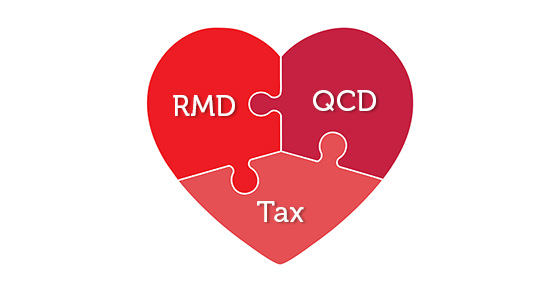
If you’re a philanthropic individual who is also obligated to take required minimum distributions (RMDs) from a traditional IRA, you may want to consider a tax-saving strategy. It involves making a qualified charitable distribution (QCD).

If you’re a philanthropic individual who is also obligated to take required minimum distributions (RMDs) from a traditional IRA, you may want to consider a tax-saving strategy. It involves making a qualified charitable distribution (QCD).

Employees, self-employed individuals and employers all pay Social Security tax, and the amounts can get bigger every year. And yet, many people don’t fully understand the Social Security tax they pay.

Are you an older taxpayer who owns a house that has appreciated greatly? At the same time, you may need income. Thankfully, there could be a solution with a tax-saving bonus. It involves taking out a reverse mortgage.

Most people are genuinely appreciative of inheritances, and who wouldn’t enjoy some unexpected money? But in some cases, it may turn out to be too good to be true. While most inherited property is tax-free to the recipient, this isn’t always the case with property that’s considered income in respect of a decedent (IRD). If you have large balances in an IRA or other retirement account — or inherit such assets — IRD may be a significant estate planning issue.
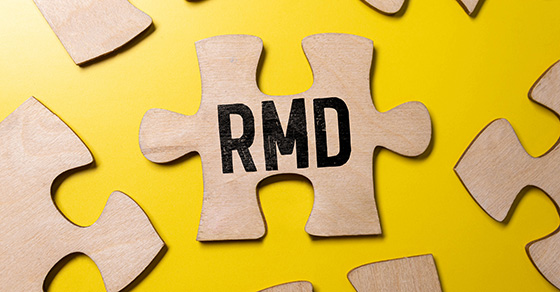
If you have a tax-favored retirement account, including a traditional IRA, you’ll become exposed to the federal income tax required minimum distribution (RMD) rules after reaching a certain age. If you inherit a tax-favored retirement account, including a traditional or Roth IRA, you’ll also have to deal with these rules.
Read More
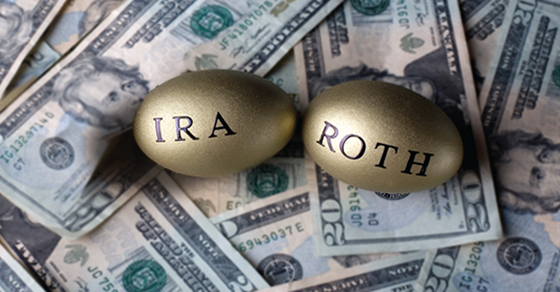
Although traditional IRAs and Roth IRAs have been around for decades, the rules involved have changed many times. The Secure 2.0 law, which was enacted at the end of 2022, brought even more changes that made IRAs more advantageous for many taxpayers. What hasn’t changed is that they can help you save for retirement on a tax-favored basis. Here’s an overview of the basic rules and some of the recent changes.
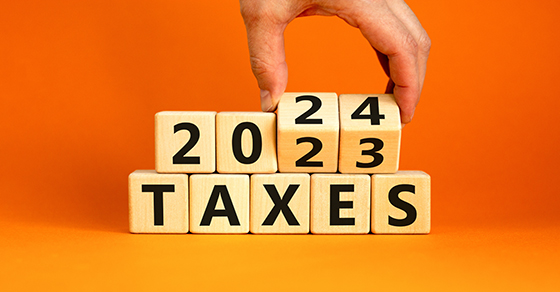
The IRS recently announced various 2024 inflation-adjusted federal tax amounts that affect individual taxpayers.
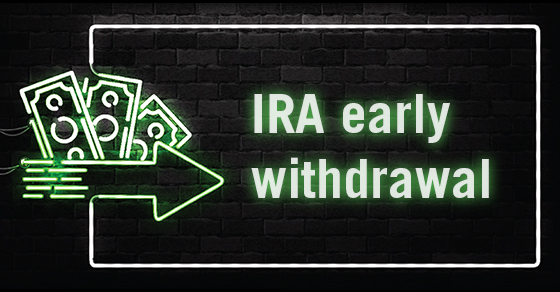
If you’re facing a serious cash shortfall, one possible solution is to take an early withdrawal from your traditional IRA. That means one before you’ve reached age 59½. For this purpose, traditional IRAs include simplified employee pension (SEP-IRA) and SIMPLE-IRA accounts.

If you’re fortunate to have an employer that offers a 401(k) plan, and you don’t contribute to it, you may wonder if you should participate. In general, it’s a great tax and retirement saving deal! These plans help an employee accumulate a retirement nest egg on a tax-advantaged basis. If you’re thinking about contributing to a plan at work, here are some of the advantages.

Perhaps you’ve been in this situation before: You have a financial emergency and need to get your hands on some cash. You consider taking money out of a traditional IRA or 401(k) account but if you’re under age 59½, such distributions are not only taxable but also are generally subject to a 10% penalty tax.
